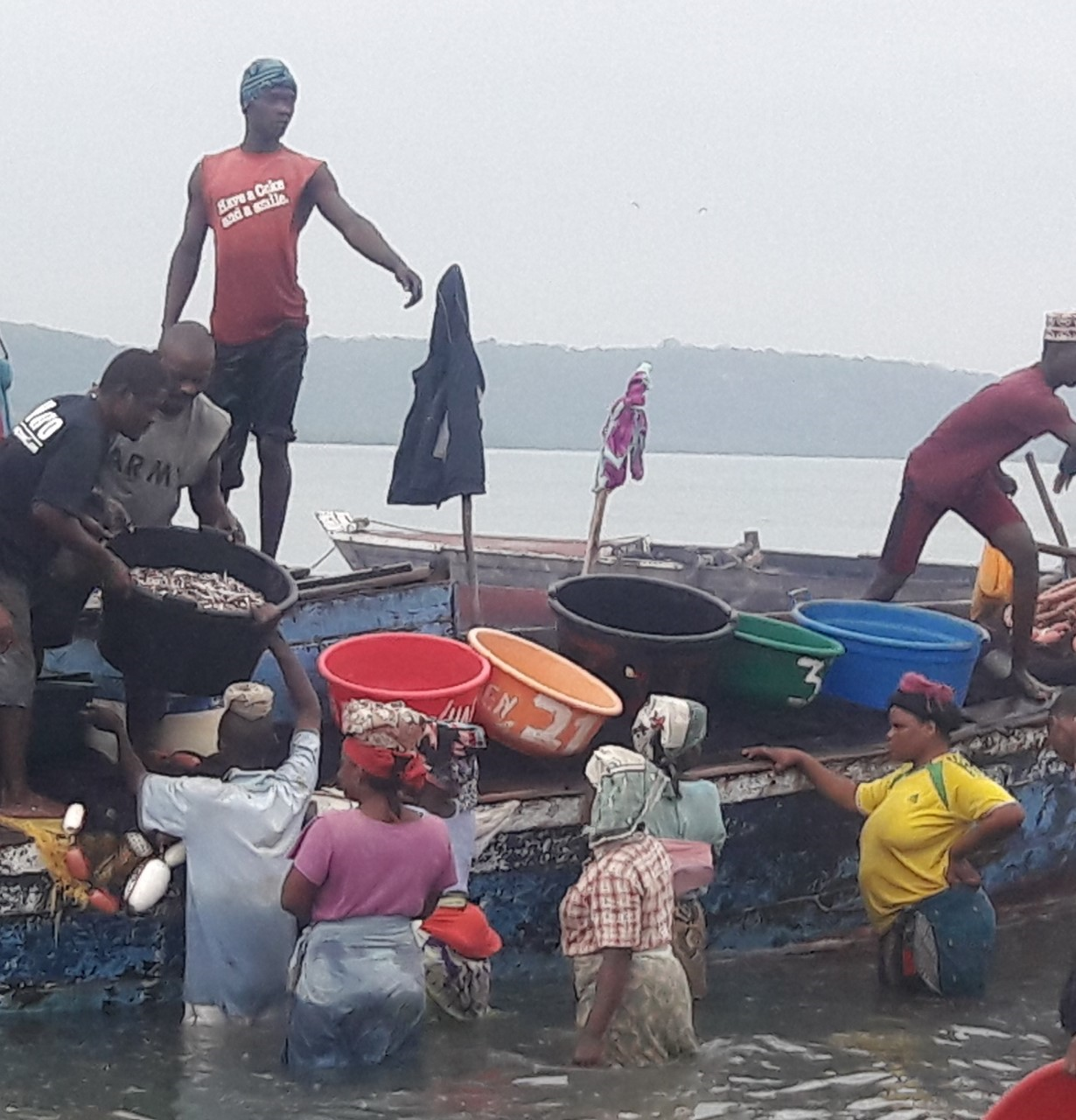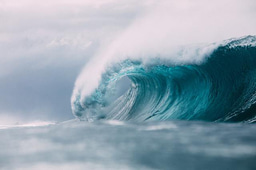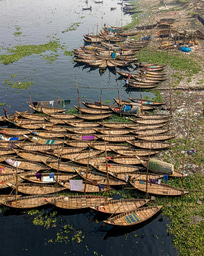
It is very encouraging to see that the topic of diversity and equality in the conservation community is receiving greater attention and there is wide recognition that we all have a role to play in improving the situation. As conservation practitioners, our own attitudes towards diversity and equality will have a major influence on the way we approach our work and the impact we can have in the communities we work alongside.
For the past 12 years I have been living and working in Tanzania and an increasing focus on my work has been on the issue of gender equality in small-scale fisheries. The small-scale fisheries sector tends to be firmly rooted in local traditions and values, underpinning the livelihoods of many rural communities and providing an important source of food and nutrition. Women fish workers make up half of the small-scale fisheries work force and dominate post-harvest activities. However, much of the fisheries related work that women perform is traditionally considered an extension of domestic work and is therefore undervalued and poorly recognised in terms of its economic contribution to the sector. Their activities are less profitable and hence they have minimal capital to invest in fisheries assets. Furthermore, gendered power relations and economic vulnerability exposes women fish workers to harassment and sexual violence. The low economic status of women leads to low bargaining power and limited influence over the distribution of socio-economic benefits derived from fisheries. As a result, women are frequently marginalised and excluded from decision making processes at both household and community levels. Thus, the needs and interests of women in terms of safe and secure working conditions, equal employment opportunities and access to credit and saving facilities are rarely represented. In this context, women are being prevented from realising their full potential in the small-scale fisheries sector and are being deprived of opportunities for social development.

In Tanzania and many other fishing communities, cultural norms and values that lead to discrimination against women are rooted in conservative traditions. Therefore, addressing the issue of gender inequality is extremely sensitive and requires a deep understanding of the communities that we are working with, together with high levels of trust between ourselves as conservation practitioners and the community. However, conservative traditions are not the only driver of gender inequality. During my work in Tanzania I observed that coastal communities had insufficient knowledge and understanding of the causes and consequences of gender inequality and needed access to information and programmes that supported that learning.
Working towards gender equality therefore requires a community wide approach. Well-intentioned strategies that focus on empowering women in isolation, risk exposing women to gender-based violence as their male counterparts struggle to accept women with greater independence. Identifying strategies to engage with the wider community from household level to village government level is an essential component of programme design and ensures a much more holistic approach to the issue. In this way, the whole community learns about the importance of gender equality together and is more likely to understand and adopt new ways of thinking. Through this approach in Tanzania, we have seen women being elected into local leadership positions and male fishers declaring zero tolerance towards harassment of women in the small-scale fisheries sector. Supporting communities to recognise the need to abandon oppressive customary beliefs that discriminate against women is very challenging work, but these are significant victories in the fight against gender inequality in Tanzania.




Please sign in or register for FREE
If you are a registered user on WildHub, please sign in
Incredible work that you are doing Lindsey and have been doing for the last 12 years! Thank you for sharing. The holistic approach that you describe reminded me a bit of the BMGF Conceptual model for women empowerment in action.
Hi Lindsey, really great article - thank you for sharing. Would you be able to have a chat sometime about the approach you used? Many thanks.
Hi Helen, thanks for getting in touch. I've responded via your email to Sea Sense.